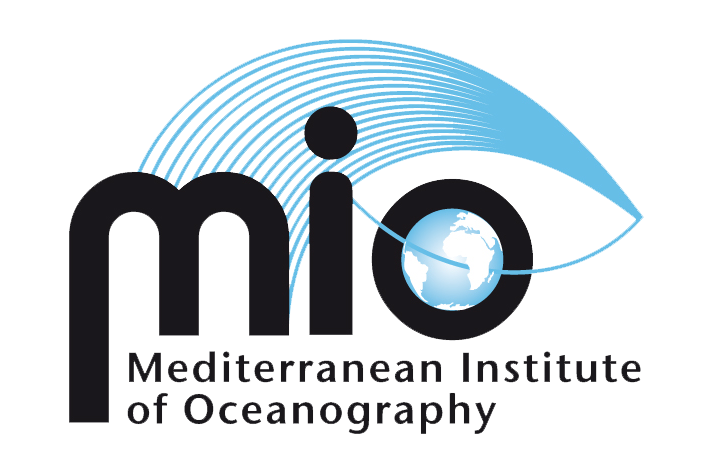The Paris Aquarium launches a new series of scientific conferences "Les après-midi du plancton".
The seas and oceans are affected by the proliferation of gelatinous macroplankton that cover jellyfish, siphonophores, ctenophores and salps, causing the oceans to gel.
As part of the recent implementation of its Medusarium, the Paris Aquarium offers a series of 3 conferences led by scientists specializing in the marine world.
The objective of this cycle is to provide a better knowledge of the marine environment by taking into account the evolution of our ecosystems.
Indeed, the rise in water temperature and the variation in its salinity according to climatic events are favourable to reproductions of massive species such as jellyfish and other invasive gelatins that will be presented to us during these next three conferences.
Through these three public conferences, visitors will be able to better understand the great family of plankton, their different levels in the food chain and their impact on the multiple ecosystems of our planet.
Saturday, April 27 at 3:30 pm
Mr. Guillaume Marchessaux
Mnemiopsis leidyi, an invasive cténaire on the coasts of southern France: ecological and societal issues
Mnemiopsis leidyi is an invasive gelatinous gelatinous native to the Atlantic coast of the United States. This organism was first observed in 2005 in the Etang de Berre. Due to its physiological characteristics, Mnemiopsis leidyi (or sea nuts) has all the assets to be an invasive species: high egg laying rate, voracious carnivorous predator, high growth rate, high abundance. The interdisciplinary study conducted by the Mediterranean Institute of Oceanology (MIO) and the Population Environment Development Laboratory (LPED) aims to understand the impact of Mnemiopsis leidyi on the functioning of the lagoon ecosystem and on human activities. Through this study, we are trying to implement management measures to control this species.
Guillaume Marchessaux is a temporary teaching and research associate (ATER) in the Marine Ecology and Biodiversity team at the Institut Méditerranéen d'Océanologie de Marseille and a specialist in gelatinous zooplankton
Sunday, April 28 at 3:30 pm
Ms. Delphine Thibault
The positive role of jellyfish
The conference is followed by a "med tasting".
Dr Delphine Thibault is a Senior Lecturer at Aix-Marseille University and is affiliated with the OSU Institut Pytheas and the Mediterranean Institute of Oceanography laboratory. Specialist in the study of plankton, its diversity, community structure and the functioning of pelagic ecosystems, she invites you to discover the many and varied assets of gelatinous organisms, often perceived only as nuisances.
Saturday, May 4 at 3:30 pm
Mr. Christian Sardet
Beauty and diversity of plankton
Plankton chronicles
Plankton includes all organisms that drift with currents from tiny viruses and bacteria to giant jellyfish. Plankton is the most diverse ecosystem on the planet. We will share the beauty and diversity of plankton, and its importance for the planet and people through photos, films and expedition stories.
Dr Christian Sardet, born in 1946, obtained his PhD in biology at the University of California, Berkeley in 1972, before creating and leading a CNRS/P&M Curie University Research Unit in Cellular Biology at the Oceanological Observatory of Villefranche-sur-Mer (OOV) in the 1980s. Since 2012, he has been Director of Emeritus Research at the Centre National de la Recherche Scientifique (CNRS) and at the Université P&M Curie (Paris).
Christian Sardet is the author of more than a hundred scientific publications and has designed and/or produced documentary and animated films, exhibitions and websites dedicated to cells, embryos and plankton for students and the general public. This work has earned him the European Prize for Communication in Life Sciences, awarded by the European Molecular Biology Organisation (EMBO) and the Grand Prix des Sciences de la Mer (Académie des Sciences).
As one of the co-founders and coordinators of the Tara Oceans expedition, Christian Sardet sailed all oceans between 2009 and 2014 and created the Plankton Chronicles project (www.planktonchronicles.org) to share the beauty and diversity of plankton with a wide audience. Carried out in collaboration with the CNRS and Les Macronautes (Noé Sardet & Sharif Mirshak / Parafilms, Montreal), this project combines Arts and Sciences through films, photos and texts.
Photographs of Christian Sardet's plankton are published in his book: Plankton - aux origines du vivant (Ulmer, Paris, 2013), translated into English; Plankton - Wonde

